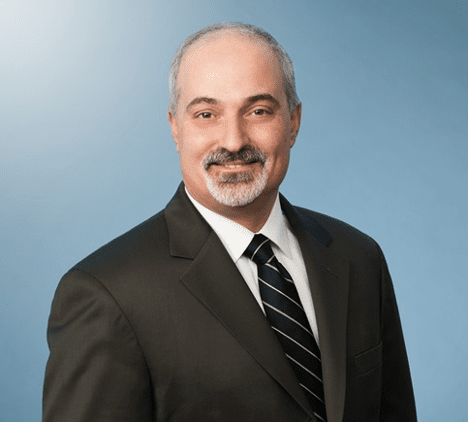News
Thoughts on the Recent Congressional Oral Health Hearing
 by Mike Adelberg, NADP Executive Director
by Mike Adelberg, NADP Executive Director
May 21, 2024
On May 16, the Senate Health, Education and Pensions Committee held a hearing titled, “Examining the Dental Care Crisis in America: How Can We Make Dental Care More Affordable and More Available?” Chaired by Sen. Bernie Sanders (I-Vermont), the Committee heard from four expert panelists about the increasing recognition that oral health affects overall health and shortcomings in meeting the oral healthcare needs of Americans, particularly those facing access barriers.
Sen. Sanders used the opportunity to discuss a new bill he has introduced to provide dental benefits to Americans with Medicare, Medicaid and Veterans Administration benefits. The National Association of Dental Plans appreciates the Senator’s interest in meeting the oral healthcare needs of Americans without dental coverage; we support efforts to increase access to oral healthcare for the same reasons as the Senator.
On behalf of NADP’s 71 members who provide dental coverage to 200 million Americans, I sincerely state that NADP is eager to work with Sen. Sanders or any other member of Congress who wants to increase coverage cost-effectively. I suspect that the best approach will involve building on existing dental benefit structures, rather than defaulting to government fee schedules that only one-third of the nation’s dentists accept. NADP has unique data and expertise about how Americans purchase and use dental benefits; we are eager for constructive dialog about the best ways to increase oral healthcare access.
I was particularly heartened by an exchange between Sen. Maggie Hassan (D-New Hampshire) and Dr. Myechia Minter-Jordan, president of the Carequest Institute, regarding updating healthcare.gov to enable the independent purchase of dental plans. See an excerpt from the exchange below:
Sen. Hassan: “Many families who have health insurance through their employers want to purchase stand-alone dental coverage through their state insurance marketplace. However, while this is possible with some state-run marketplaces depending on the design that the state decided to use, families can’t purchase stand-alone dental coverage in New Hampshire and the 31 other states that use the healthcare .gov federal marketplace. So, understanding that the dental programs that are on the marketplace are vetted and people can actually compare what coverage is actually there, what would be the impact of allowing adults in New Hampshire and 31 other states to enroll in stand-alone dental plans on healthcare.gov?”
Dr. Minter Jordan: “It is clear that when people have access to dental coverage, they use it. And, so what we would expect from that increased access through the marketplace and the ability for individuals and families to purchase through the marketplace is increased access to care, increased access to prevention, and reduction in oral healthcare costs, given the correlation between oral health and overall health.”
Sen. Hassan then discussed the bill, S.2771, that she introduced with Sen. Roger Marshall (R-Kansas). The bill has recently gained the attention of the Congressional Budget Office and a Dear Colleague letter from Sens. Hassan and Marshall. S.2771 directs the Health and Human Services Secretary to update healthcare.gov to allow the independent purchase of dental plans, a functionality that already exists on most of the state-run health insurance marketplaces.
While permitting the independent purchase of federally qualified dental plans will not cure all the nation’s oral health ills, it will:
- Connect consumers who need dental coverage with federally qualified dental plans.
- Drive more consumers to the particular plans certified by the federal government.
- Give consumers a comparison-shopping opportunity that cannot be recreated elsewhere.
It will take many significant actions to fully address the nation’s oral healthcare shortcomings. Let’s start with a lay-up.




